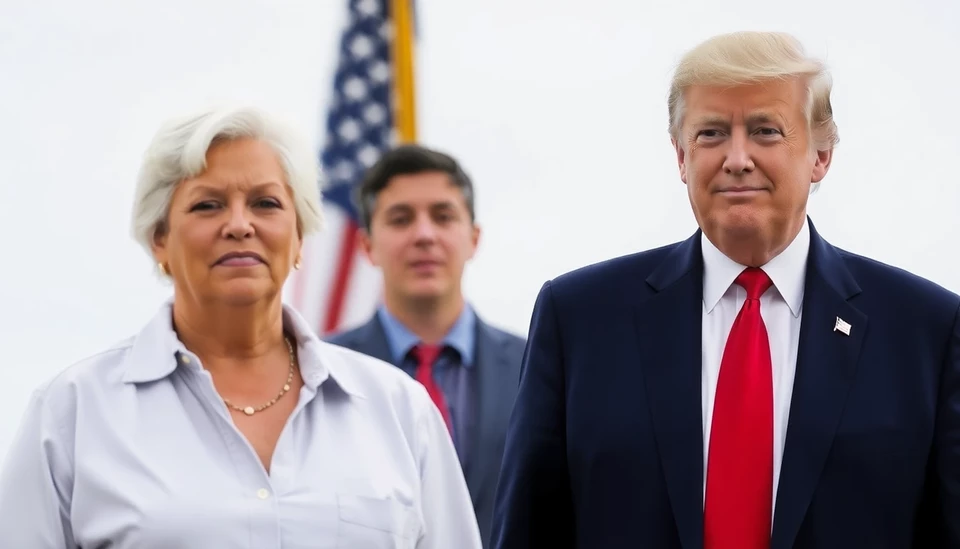
In a controversial move, former President Donald Trump has unveiled his latest immigration plan, which analysts predict could significantly impact job growth and inflation across the United States. As the country grapples with an evolving labor market, Trump's plan aims to reshape the immigration landscape, but it raises concerns about its potential economic repercussions.
The new proposal seeks to impose stricter guidelines on immigration, prioritizing skilled workers while limiting the entry of low-skilled labor. According to the former president, this approach is designed to protect American jobs and bolster wages. However, economists are sounding alarms about the unintended consequences of such measures, warning that they may inadvertently slow job creation and increase inflationary pressures within the economy.
Recent studies indicate that the United States is currently facing labor shortages in critical sectors such as agriculture, healthcare, and technology, which rely heavily on immigrant labor. By restricting the influx of workers, Trump's immigration plan could exacerbate these shortages, leading to higher productivity costs and potentially slowing the country’s economic momentum.
Furthermore, the proposal emphasizes a merit-based immigration system, which critics argue may disproportionately disadvantage immigrants from specific regions, thereby increasing social tensions. The focus on high-skilled immigrants might also lead to a mismatch in the job market, as industries that depend on seasonal or manual labor struggle to find workers willing to take on such roles without sufficient compensation.
As the 2024 presidential election approaches, Trump's immigration policy is likely to become a focal point in the campaign, with supporters arguing that it is necessary for national security and economic stability. However, opponents are prepared to highlight potential job losses and the risks of inflation, making it a pivotal issue for voters as they weigh the implications of the former president's plans for the future of the American economy.
The economic community is closely monitoring these developments, recognizing that the success of Trump's immigration strategy could hinge on various factors, including public reception, legislative support, and the overall economic environment in the months leading up to the election.
In summary, while Trump's immigration plan purports to safeguard American jobs, its potential to hinder job growth and elevate inflation is raising concerns among economists. As this narrative unfolds, the broader implications of such policy shifts could significantly shape the U.S. labor market landscape in the years to come.
#TrumpImmigrationPlan #Economy #Inflation #JobGrowth #2024Election #LaborMarket #EconomicImpact
Author: Rachel Greene




